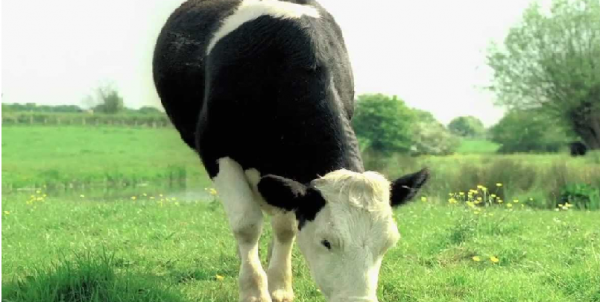By Dane Lorica, | January 18, 2017

Researchers have discovered prion-like proteins in bacteria. (YouTube)
Scientists at Harvard Medical School have spotted Prion-like proteins in bacteria for the first time.
Prion proteins (PrP) are the causative agent of mad-cow disease, scrapie, Creutzfeldt-Jakob disease, kuru, and fatal familial insomnia. PrPs multiply and transform normal proteins to infectious ones. In the 1980s, this protein was first discovered as the cause of transmissible spongiform encephalopathies which is fatal to humans. Since its discovery, scientists have identified PrPs in different species of mammals, worms, plants, insects, fungi, and plants.
Like Us on Facebook
Although prions are known to cause fatal diseases, scientists have found out that not all PrPs are harmful to their hosts.
The latest scientific revelation shows that Clostridium botulinum can act like PrPs when introduced to a bacterium, Escherichia coli, and yeast. The study involved an analysis of approximately 60,000 genomes of bacteria through a software capable of identifying PrPs in yeast. The researchers discovered that the bacterial protein Rho, when inserted into E.coli, will transform into clumps of abnormal proteins that appear like prions.
The study also discovered that despite the presence of malformed proteins, many genes remain active which suggests that bacteria have the ability to adapt to stressors present in the environment. "Prions are likely to be much more widespread in nature than previously assumed," said bacterial geneticist Ann Hochschild.
Bacterial biochemist Peter Chien added that it is possible for bacteria to inherit the PrP's traits even in the absence of genetic mutation or "when bacteria might need a quick response to their environment, such as dealing with antibiotics."
The authors said that one of the benefits of their study is that it could deliver a deeper understanding of the human prion behavior which may be associated with Parkinson's and Alzheimer's.
The study was published in the journal Science.
-
Use of Coronavirus Pandemic Drones Raises Privacy Concerns: Drones Spread Fear, Local Officials Say

-
Coronavirus Hampers The Delivery Of Lockheed Martin F-35 Stealth Fighters For 2020

-
Instagram Speeds Up Plans to Add Account Memorialization Feature Due to COVID-19 Deaths

-
NASA: Perseverance Plans to Bring 'Mars Rock' to Earth in 2031

-
600 Dead And 3,000 In The Hospital as Iranians Believed Drinking High-Concentrations of Alcohol Can Cure The Coronavirus

-
600 Dead And 3,000 In The Hospital as Iranians Believed Drinking High-Concentrations of Alcohol Can Cure The Coronavirus

-
COVID-19: Doctors, Nurses Use Virtual Reality to Learn New Skills in Treating Coronavirus Patients







